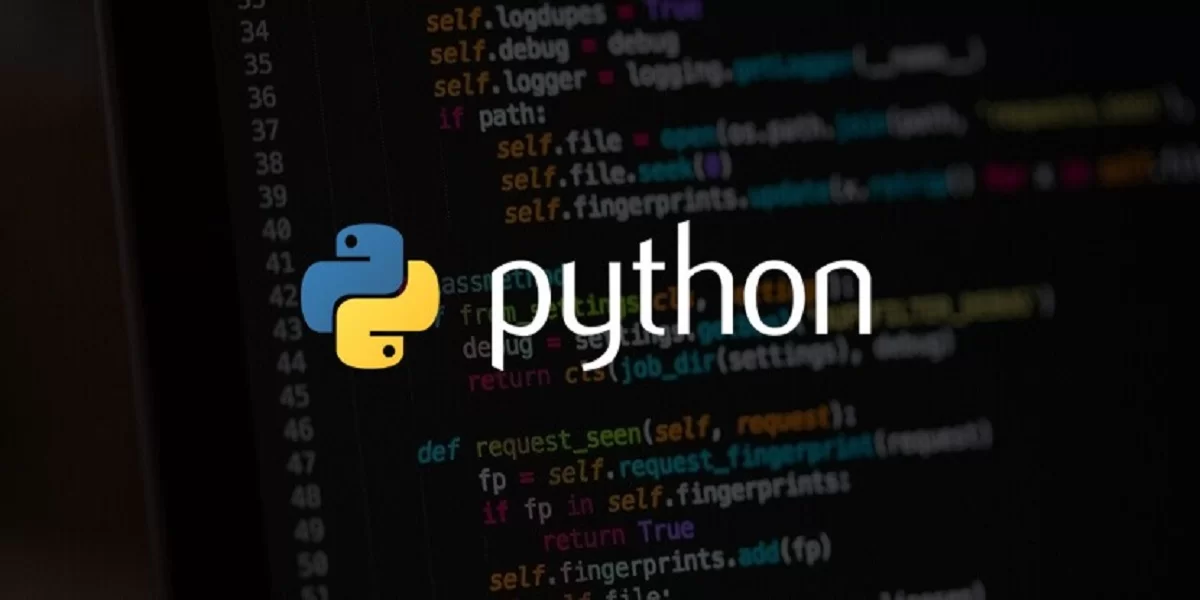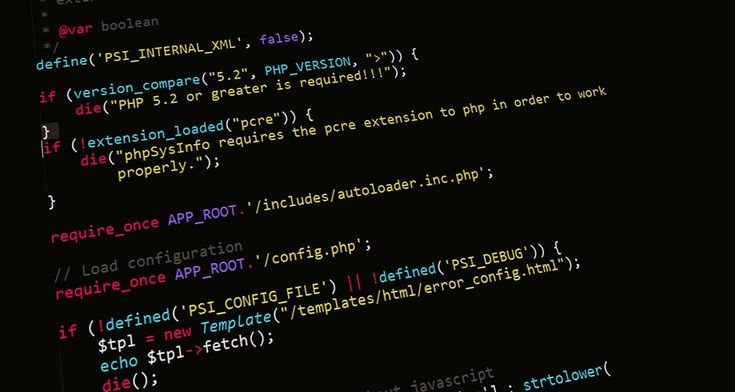Web Development Using Python


Web development using python has numerous advantages. With its simplicity, readability, and robustness, Python has become a favored language among developers at TECHVIFY and beyond. Python’s object-oriented nature and focus on Rapid Action Development (RAD) have made it increasingly popular among large enterprises, medium-sized businesses, and startups.
Using Python for web development allows developers to create responsive and efficient applications, ultimately reducing bounce rates and improving load times.
For developing websites, Python is a well-liked programming language. Python’s simplicity, readability, and versatility make it a popular choice among developers for websites and web applications. Web development using Python offers a variety of strong web frameworks; routing, database connectivity, user authentication, and session management are all handled by tools and libraries provided by frameworks like Django, Flask, and Pyramid. These frameworks let programmers quickly build dependable and scalable web applications.

What is Python used for in web development?
In web development projects, Python is frequently used for backend development. It manages database interactions, server-side logic, request processing, and creating dynamic content. Developers can create the logic and functionality that underpins web development using Python. Using Python for web development is regularly employed in the creation of APIs. APIs facilitate data interchange and communication between various software systems. Building RESTful APIs is made simple by Python frameworks like Flask or Django REST Framework, facilitating integration across multiple applications and services.
The analysis and manipulation of data are frequent activities in web development. Pandas and NumPy are two examples of Python libraries frequently used for data transformation, research, and manipulation. These libraries simplify the handling and processing of data within web applications. Python also excels in web scraping, extracting data from websites. It is simpler to scrape websites and compile data automatically with the help of libraries like BeautifulSoup and Scrapy. Data mining, information aggregation, and data collection are all tasks for which web scraping might be helpful.
Various testing frameworks and tools for web development are also available in Python. Developers can automate the testing process using tools like PyTest and Selenium, ensuring the dependability and quality of online applications. Scripting tasks in web development are another frequent usage of Python. To improve the efficiency of the development and maintenance processes, it enables developers to automate repetitive tasks, carry out system administration, and construct deployment scripts.
With its robust frameworks, libraries, and tools, Python is a flexible language for building websites. Developers frequently choose it for creating online applications and websites because of its simplicity, readability, and robust ecosystem.
Learn more:
Python’s prowess in web development is undeniable. With its simplicity, extensive ecosystem, and strong community support, Python provides developers with the tools and resources to build dynamic and scalable web applications. Whether it’s backend development, API integration, data manipulation, or automation, Python is an invaluable asset in web development.
Numerous frameworks and tools are designed expressly for web development in the burgeoning Python environment. Notably, frameworks like Django, Flask, and Pyramid offer ready-to-use solutions which simplify chores like routing, database integration, and user authentication. The development process is greatly accelerated by utilizing these frameworks.
Python plays a prominent role in backend development, handling server-side logic, processing requests, and generating dynamic content. With Python, developers can build the core functionality that powers web applications, ensuring seamless interactions between clients and servers.

How is Python used in web development?
Python’s versatility extends to API development, enabling different software systems to communicate and exchange data. With Flask and Django REST Framework, developers can construct RESTful APIs that foster integration among diverse applications and services.
Data manipulation and analysis are common in web development, and Python provides exceptional support. Libraries like Pandas and NumPy offer powerful tools for handling, analyzing, and transforming data within web applications. Python’s data processing capabilities facilitate data aggregation, mining, and visualization tasks.
Python’s web scraping prow allows developers to extract data from websites automatically. By utilizing libraries such as BeautifulSoup and Scrapy, developers can collect data, mine information, and aggregate data from multiple sources. Web scraping proves invaluable for applications requiring data collection and integration.
Python simplifies the testing and automation processes in web development through its array of frameworks and tools. PyTest and Selenium, among others, empower developers to automate testing, ensuring the reliability and quality of web applications.
Python’s ease of use and versatility make it an excellent choice for scripting tasks in web development. Developers can automate repetitive operations, streamline system administration, and create deployment scripts, enhancing efficiency throughout the development and maintenance lifecycle.
Using Python for web development opens a world of possibilities. Its simplicity and powerful frameworks allow you to build robust and scalable applications. Remember to consult the documentation provided by your chosen framework for detailed instructions and best practices.
Developers can create scalable, efficient, and feature-rich web applications using Python for web development. Its extensive community support, wealth of resources, and active development make it a reliable choice for beginners and experienced developers.
Whether building a small web application or a complex web platform, Python empowers you with the tools and capabilities to create exceptional web experiences. Embrace Python’s power and simplicity and embark on your web development journey with confidence.


Table of ContentsI. What is Python Used for in Web Development?II. Is Python Good for Web Development?1. Expanding Possibilities with Frameworks and Libraries2. Driving Backend Development3. Unlocking API Development Potential4. Manipulating and Analyzing Data5. Harvesting Insights with Web Scraping6. Testing and Automation Made Easy7. Streamlining Scripting TasksIII. How to Use Python for Web Development? In the fast-evolving world of online dating, understanding the cost to build a dating app is vital for anyone looking to break into the market. From the initial concept to the final launch, the journey requires careful planning around feature selection, platform compatibility, and user security—each…
22 October, 2024

Table of ContentsI. What is Python Used for in Web Development?II. Is Python Good for Web Development?1. Expanding Possibilities with Frameworks and Libraries2. Driving Backend Development3. Unlocking API Development Potential4. Manipulating and Analyzing Data5. Harvesting Insights with Web Scraping6. Testing and Automation Made Easy7. Streamlining Scripting TasksIII. How to Use Python for Web Development? You’ve started a business, and now you need a website. But no one on your team knows much about coding, and hiring a full-time web developer just isn’t in the cards right now. Sound familiar? If so, outsourcing your web design might be the perfect solution….
21 October, 2024

Table of ContentsI. What is Python Used for in Web Development?II. Is Python Good for Web Development?1. Expanding Possibilities with Frameworks and Libraries2. Driving Backend Development3. Unlocking API Development Potential4. Manipulating and Analyzing Data5. Harvesting Insights with Web Scraping6. Testing and Automation Made Easy7. Streamlining Scripting TasksIII. How to Use Python for Web Development? With much of our communication happening online, it’s no surprise that the dating world has also shifted in the same direction. In 2021, 49 million people in the U.S. alone turned to online dating services—whether to find a serious partner or just enjoy a fun date….
18 October, 2024


Thank you for your interest in TECHVIFY Software.
Speed-up your projects with high skilled software engineers and developers.
By clicking the Submit button, I confirm that I have read and agree to our Privacy Policy